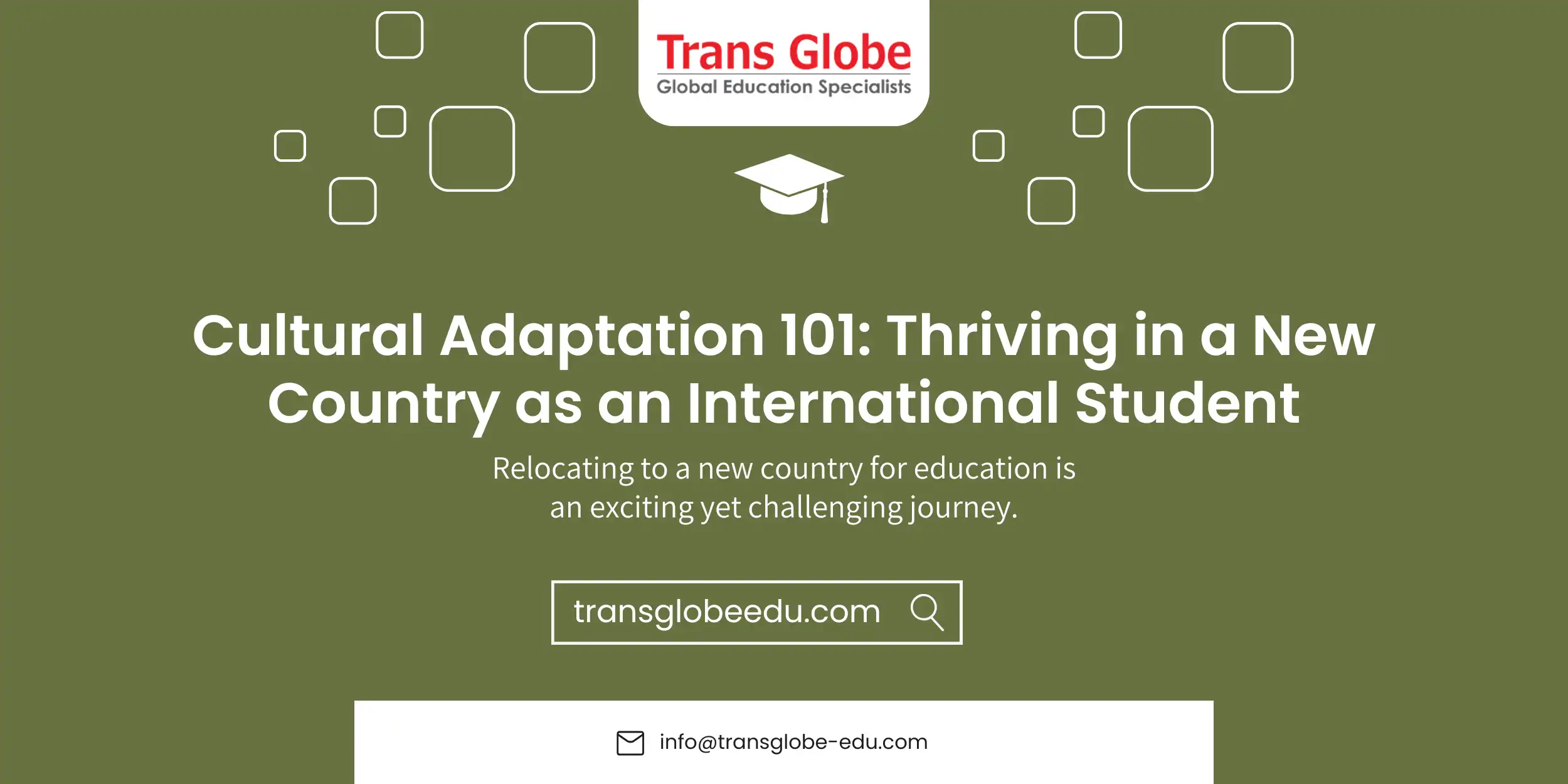Mental Health Matters: How to Thrive Emotionally While Studying Abroad
Studying abroad is an adventure filled with dreams, opportunities, and new beginnings. But let’s be honest, while Instagram might show picture-perfect moments, the reality can be emotionally challenging. Feeling lost in a new culture, missing home-cooked meals, and struggling to keep up with academics can be overwhelming. Trust me, that’s okay. Your mental well-being is just as important as your academic success.
The Emotional Rollercoaster of Studying Abroad
1. The Heartache of Homesickness
Picture this: You land in a new country, excited for the journey ahead. Soon, reality hits. The people, the food, even the way the air smells, everything feels different. Most international students experience homesickness in their first few months. You’re not alone in this. It’s a natural part of the journey, and it gets better with time.
2. The Pressure to Succeed
You worked so hard to get here, and now there’s pressure to excel. Different teaching styles, a fast-paced curriculum, and language barriers can make things tough. In fact, 60% of students feel overwhelmed by academic responsibilities, according to the American College Health Association. However, remember, you don’t have to prove anything to anyone. Learning is a journey, not a race. So, relax and take some time to adjust.
3. Feeling Like an Outsider
You might feel like you don’t belong, struggling to fit in. Culture shock is real. The way people communicate, the social norms, and even humour are all different. Here’s the thing: Every international student has felt this way at some point. Give yourself time. One day, you’ll wake up feeling more at home than you ever imagined.
4. The Stress of Money Matters
Managing finances can be overwhelming. Tuition, rent, groceries, it all adds up. If you’re struggling, explore scholarships, part-time jobs, or budgeting apps. Your financial stress shouldn’t take away from your experience.
5. The Silent Battle of FOMO
Scrolling through social media and seeing friends celebrating birthdays or festivals back home can hit hard. It’s easy to feel like you’re missing out. Think about this, you’re creating your own once-in-a-lifetime moments. The world is your classroom, and your experiences are shaping you in ways you never imagined.
How to Protect Your Mental Well-being
1. Find Your Tribe
Loneliness fades when you have a support system. Join student groups, attend events, and connect with fellow international students. A shared experience creates instant bonds.
2. Stay in Touch with Home
A 10-minute video call with your parents, siblings, or best friend can do wonders. Schedule regular calls to feel connected. You may be miles away, but love knows no distance.
3. Take Care of Yourself
Self-care isn’t just about spa days. It’s about doing what makes you feel good. Exercise, eat well, get enough sleep, and find a hobby that brings you joy. Even a daily walk can boost your mood.
4. Don’t Drown in Academic Stress
Break tasks into small steps. Use planners or apps like Trello and Notion to stay organized. And if you’re struggling, ask for help. Professors, classmates, and university support services are there for you.
5. Embrace the Culture Shock
Instead of resisting change, dive into it. Try local food, explore new traditions, and pick up a few words in the local language. The more you immerse yourself, the more you’ll feel at home.
6. Talk to Someone When It Feels Too Much
If you’re feeling overwhelmed, reach out. Many universities offer free counselling services, and online platforms like BetterHelp and Talkspace provide support whenever you need it. Seeking help is a sign of strength, not weakness.
7. Reach out to Trans Globe offices
We help you get in touch with Trans Globe alumni in that city or someone who can provide support and hear you out. Even a coffee with someone from your city can feel relaxing
Universities Are Here to Help
Most universities have resources to support international students. These include:
- Free mental health counselling
- Peer mentoring programs
- Stress management workshops
- International Student Support Centers
- Academic assistance programs
If you’re struggling, don’t hesitate to use these resources. They exist for you.
Final Thoughts: You Are Not Alone
Studying abroad is an incredible journey, but it’s also okay to admit when it gets tough. You don’t have to have everything figured out. Prioritise your mental health, and don’t hesitate to lean on the people around you. Your well-being matters as much as your degree.
So, take a deep breath. You have got this. Remember, you’re not just studying, but you’re growing, evolving, and creating a life-changing story.


































